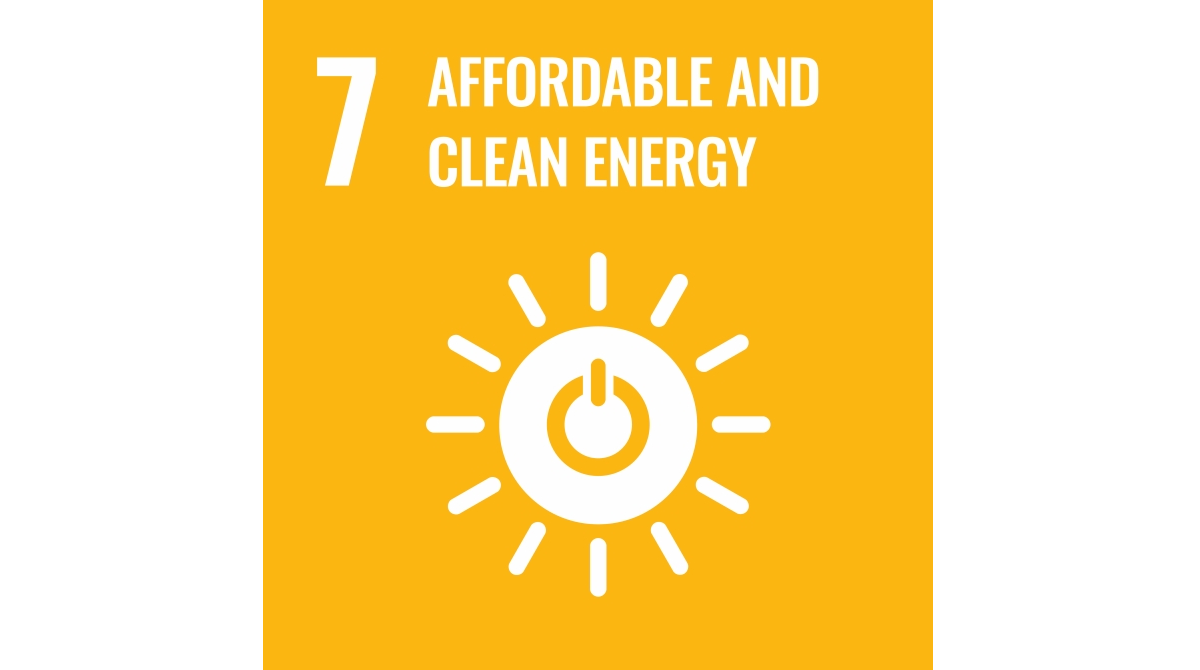Information about energy communities and their future roles through the ProCemPlus project
Prosumer Centric Energy Communities – Towards Energy Ecosystems, i.e. the ProCemPlus project (2019–2021), studies the shaping of various energy communities into economy-oriented energy ecosystems. The project aims for a holistic view on the impact of various factors on the development of energy communities and microgrids. It also studies the roles of energy communities and microgrids in the energy ecosystem of the future. Tampere University’s research team focuses on studying new business models and the customer’s role and identifying challenges related to commercialisation.
Making buildings more energy efficient and sustainable with Prelude
PRELUDE is a Horizon 2020 project funded by the European Union, which involves researchers studying the energy efficiency of buildings, self-consumption of renewable energy sources and the improvement of building interiors. The project members are developing an optimisation system based on energy consumption forecasts and data on the indoor conditions of buildings. The system enables better retrofitting investments, improves end user development models and enables the optimisation of building automation systems. Tampere University’s Industrial Engineering unit studies the transformation of end users into active energy producer-consumers and the new business models generated in the ecosystem of smart construction. The project will be active between 2020 and 2024.
The social and cultural history of home heating
The JUSTHEAT research project studies the social and cultural history of home heating. The multidisciplinary project focuses on a fair and sustainable transition in reducing the carbon footprint of home heating, as well as any related obstacles and solutions in the EU area. The project aims to understand how major changes to home heating and heating technology over the last 70 years have been designed, managed and experienced, how they have impacted our lives and what lessons we might learn for the current transition to low carbon systems. The study will be conducted by means of interviews in Finland, the UK, Sweden and Romania.
The JUSTHEAT project also contributes to the following SDGs: 3, 10, 17.
Read more about the JUSTHEAT research project.
Creating a resource-efficient electrical system is a collaborative effort
The EL-Tran consortium comprises researchers from Tampere University, the universities of Eastern Finland and Turku, Tampere University of Applied Sciences and the VTT Technical Research Centre of Finland. The consortium studies the development of a resource-efficient electrical system and its implementation. In addition, the consortium looks into the policy problems that may be encountered in the implementation of a resource-efficient electricity system and how they can be addressed in Finland and beyond.
The EL-Tran consortium also contributes to the following SDGs: 9, 11, 17.
Read more about the EL-Tran consortium.
Collaborative project develops black liquor into biofuel for shipping and air transport
Black Liquor to Fuel (BL2F) is a Horizon 2020 project that examines the use of black liquor in the development of a clean high-quality biofuel. Black liquor is a side-stream of the chemical pulping industry that can be converted into fuel, reducing waste and providing an alternative to fossil fuels.
Launched in April 2020, BL2F will develop a first-of-a-kind integrated Hydrothermal Liquefaction (HTL) process for pulp mills that will decrease carbon emissions during the creation of the fuel intermediate, which will then be further developed in oil refineries to bring it closer to the final product and provide a feedstock for marine and aviation fuels.
The BL2F project brings together 12 partners from 8 countries around Europe. The consortium is composed of universities, research institutes, industrial partners and SMEs that bring together complementary skills and knowledge to achieve the project’s goals.
The BL2F project also contributes to the following SDGs: 9, 11, 13.

